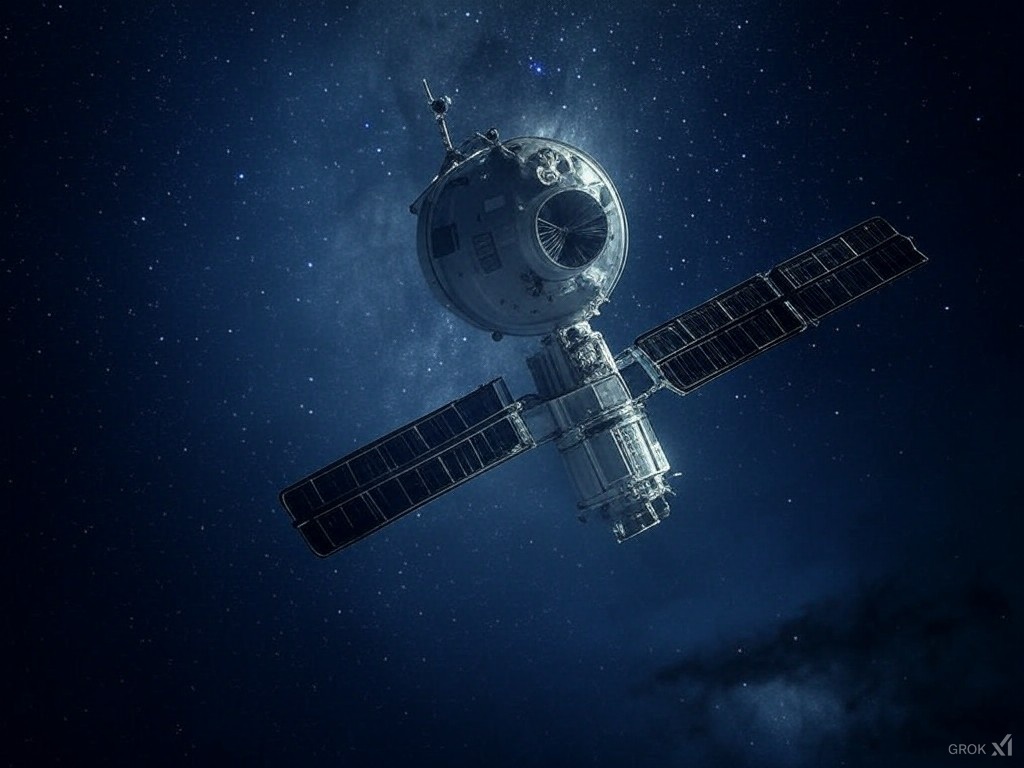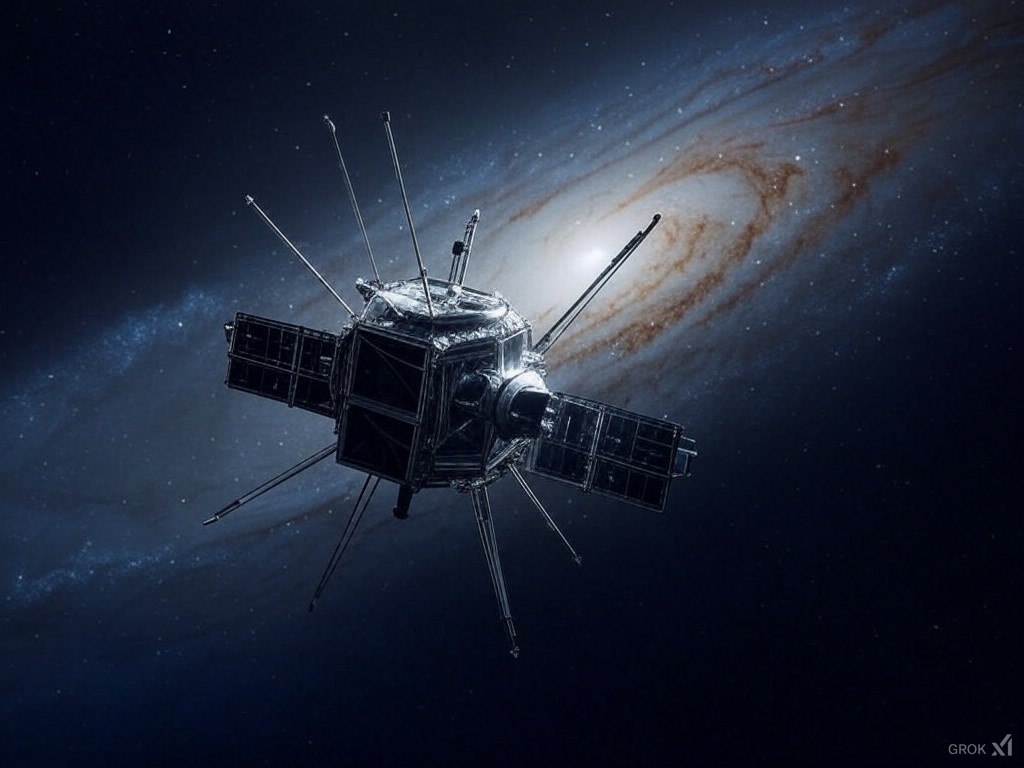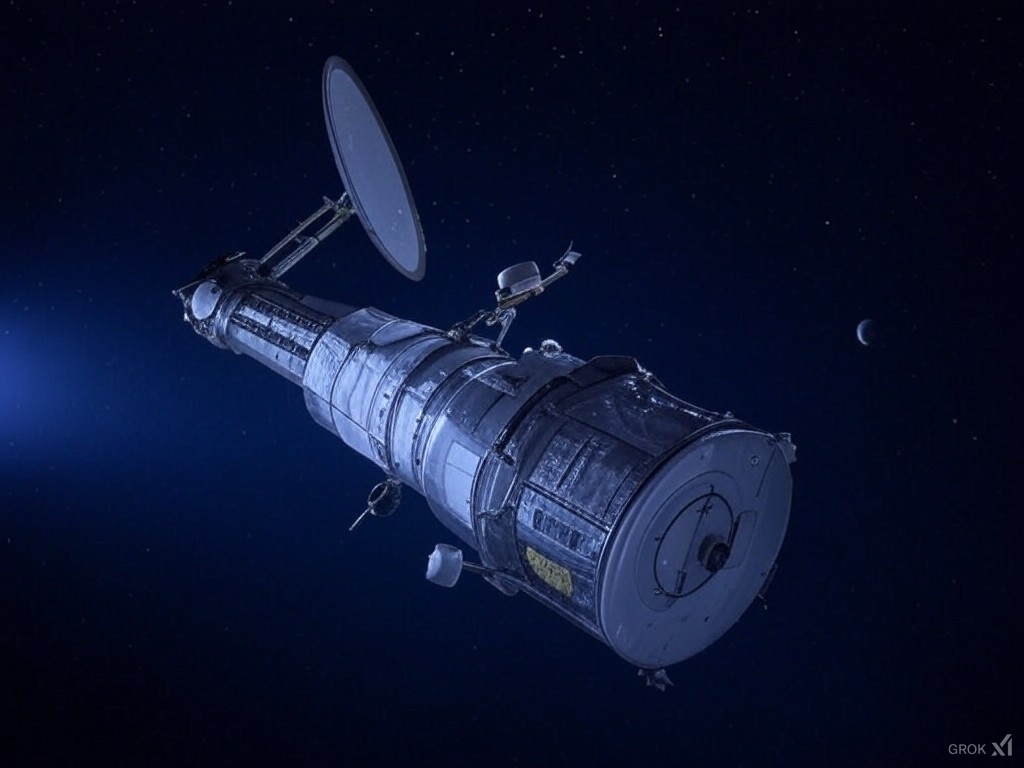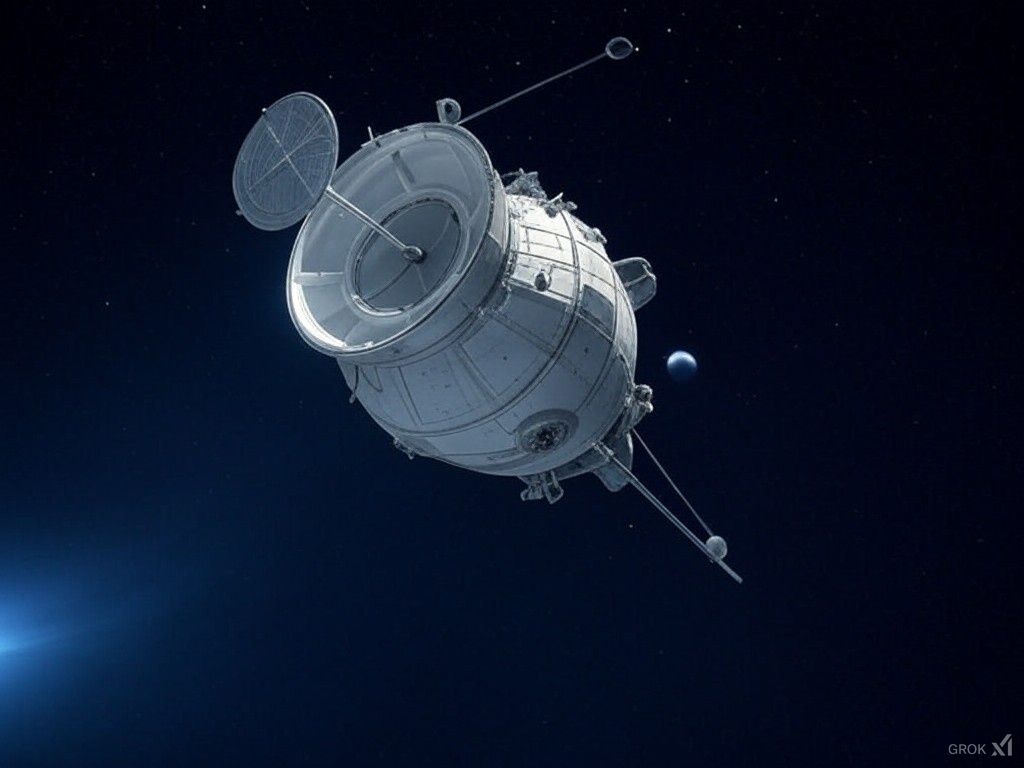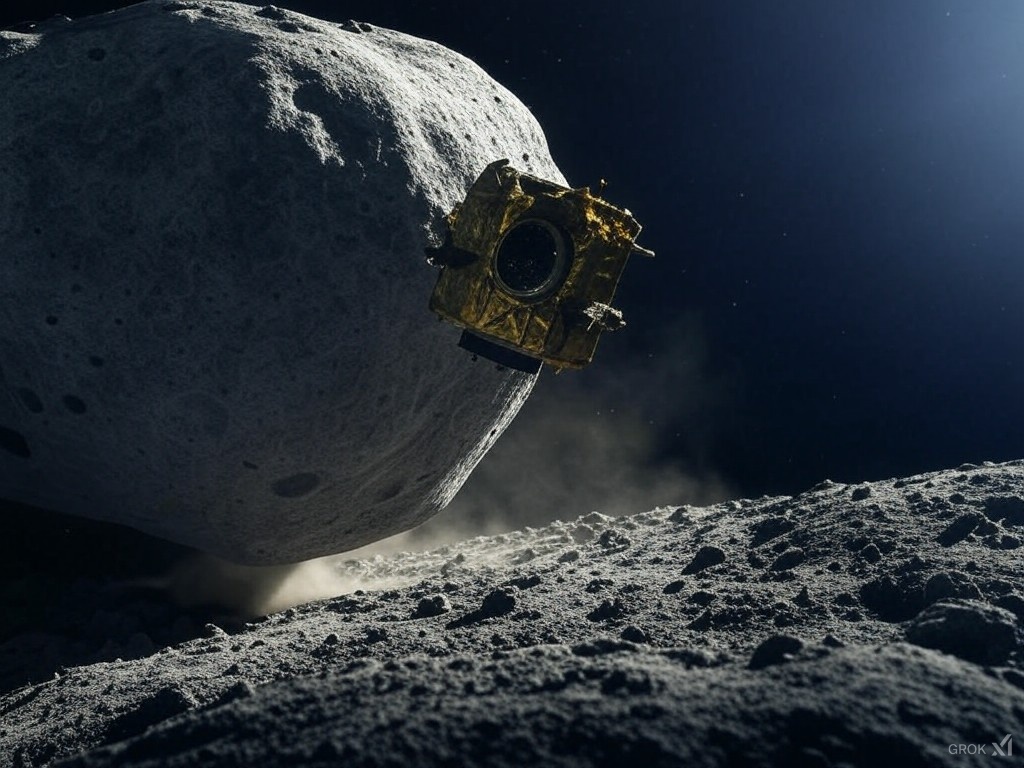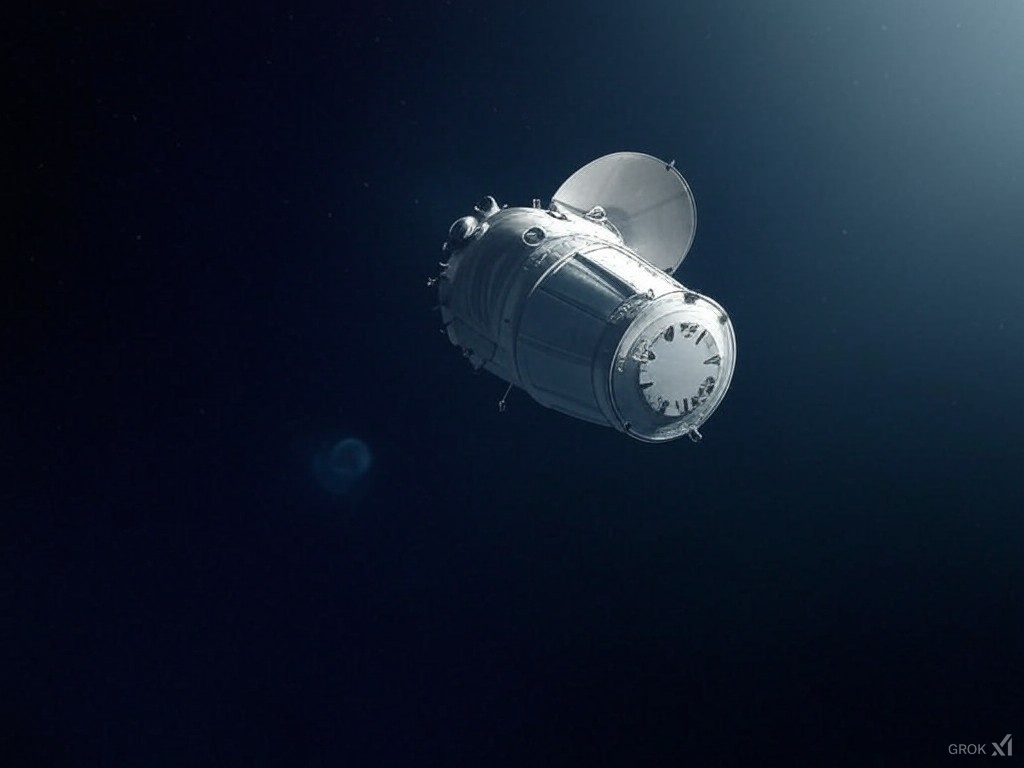A space probe is an unmanned spacecraft engineered for the exploration of space, designed to gather data from distant planets, moons, asteroids, comets, and the interstellar medium. These probes are equipped with scientific instruments to conduct experiments and transmit information back to Earth. Over the decades, numerous countries have contributed to this endeavor. The United States has launched iconic missions like the Pioneer and Voyager probes, which ventured into interstellar space, and the Mars rovers that continue to study the Martian surface. The Soviet Union pioneered with the Luna and Venera programs, achieving the first soft landing on the Moon and Venus, respectively. Europe's ESA has contributed with missions like Rosetta, which orbited and landed on a comet, and Cassini-Huygens, a collaborative mission with NASA to explore Saturn. Japan's space agency, JAXA, has successfully sent the Hayabusa missions to collect samples from asteroids, while China's Chang'e program has been exploring the Moon, including the first soft landing on its far side. These international efforts have collectively broadened our knowledge of the cosmos, showcasing the capabilities and diversity in space exploration.
